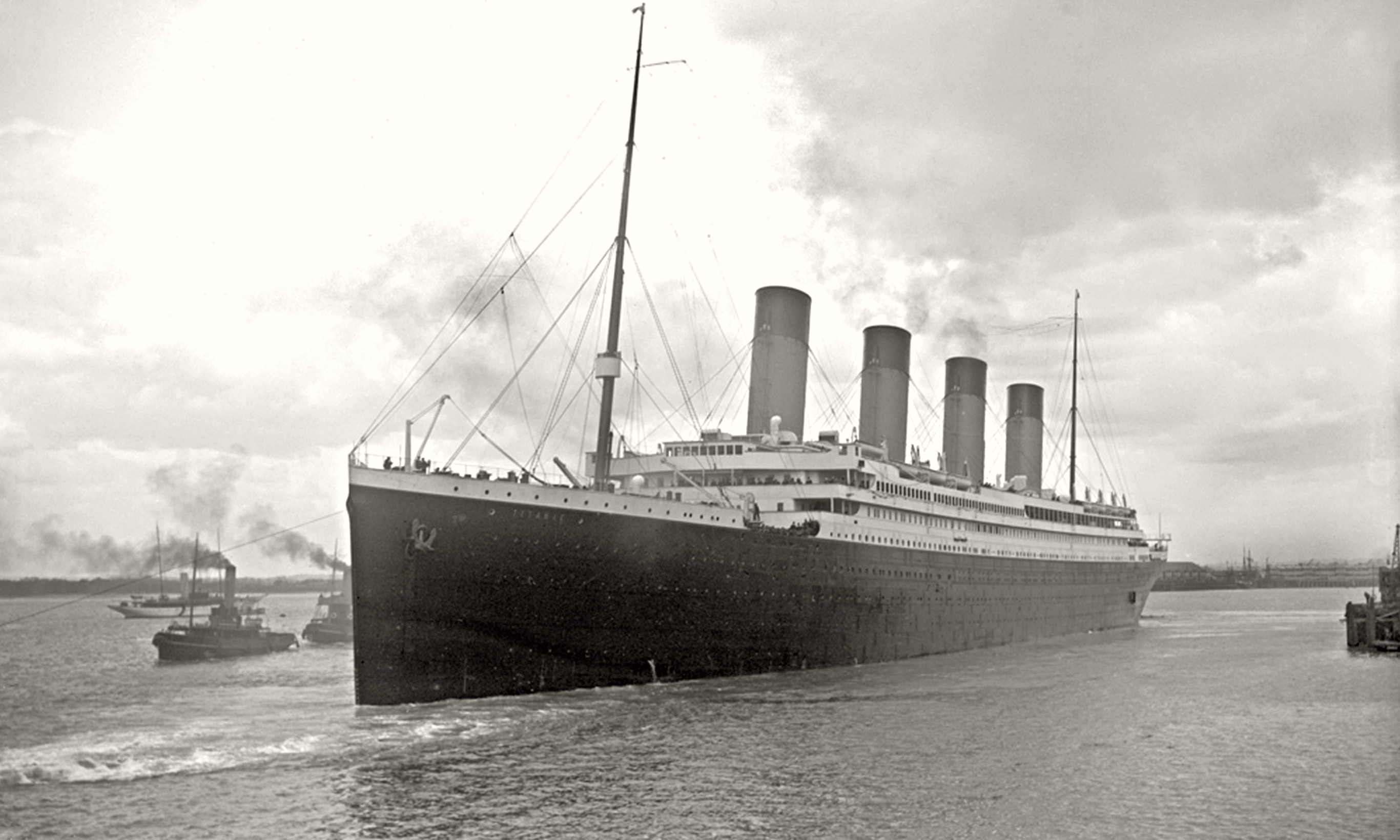Seven Pivotal Steps of Nelson Mandela's Rise from Captivity to Command
Nelson Mandela, a name synonymous with the struggle against apartheid in South Africa, rose from the confines of a prison cell to become the country's first black president. His journey, fraught with adversity, is a testament to the indomitable human spirit. This article will delve into the seven critical steps of Mandela's rise from captivity to command, providing a comprehensive understanding of the man behind the legend.
Early Life and Activism
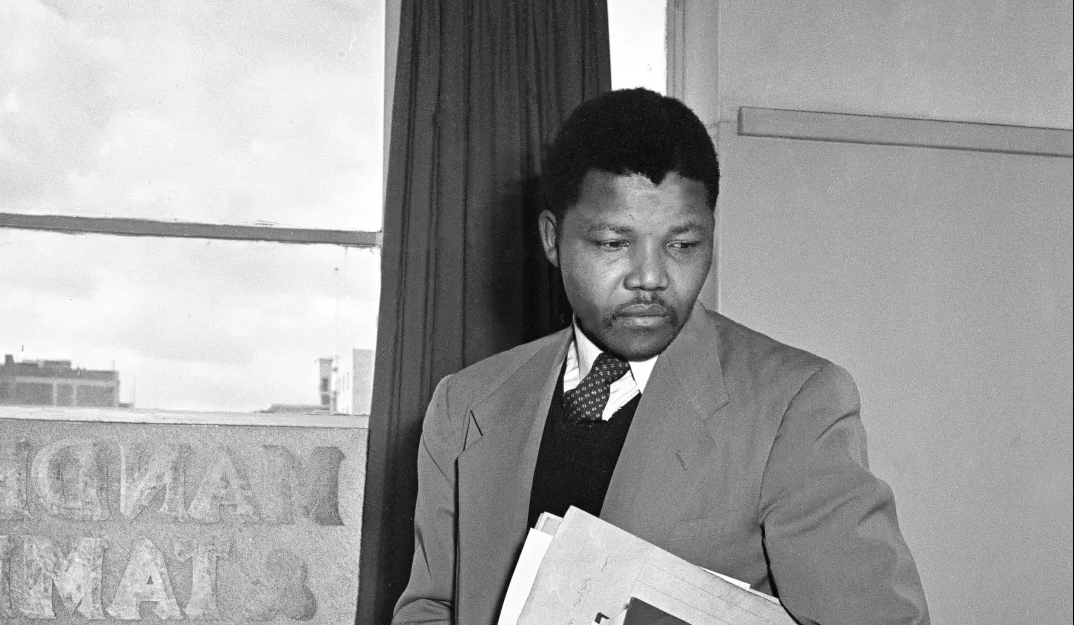
Born into the Thembu royal family in 1918, Mandela's early life was deeply influenced by the injustices of apartheid. His commitment to fight against racial discrimination was fueled by the experiences he had as a young man. His political journey began in earnest when he joined the African National Congress (ANC) in 1943. Mandela's involvement in anti-apartheid activities led to numerous arrests, culminating in a life sentence in 1964.
Imprisonment
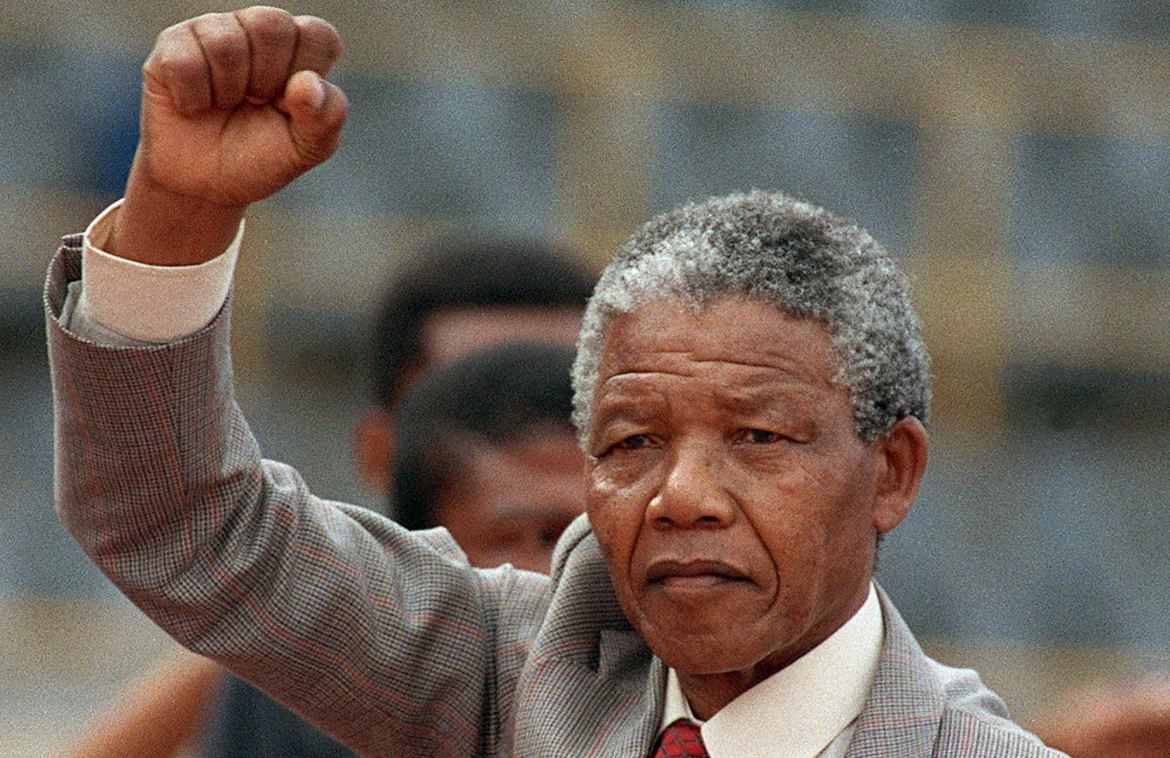
Mandela's 27-year imprisonment was a pivotal period in his life. Despite the harsh conditions, he continued his struggle for racial equality from within his cell. He used this time to educate himself further, studying law by correspondence with the University of London. His resilience and refusal to compromise his principles during this time earned him respect from around the world.
Release and the Road to Presidency
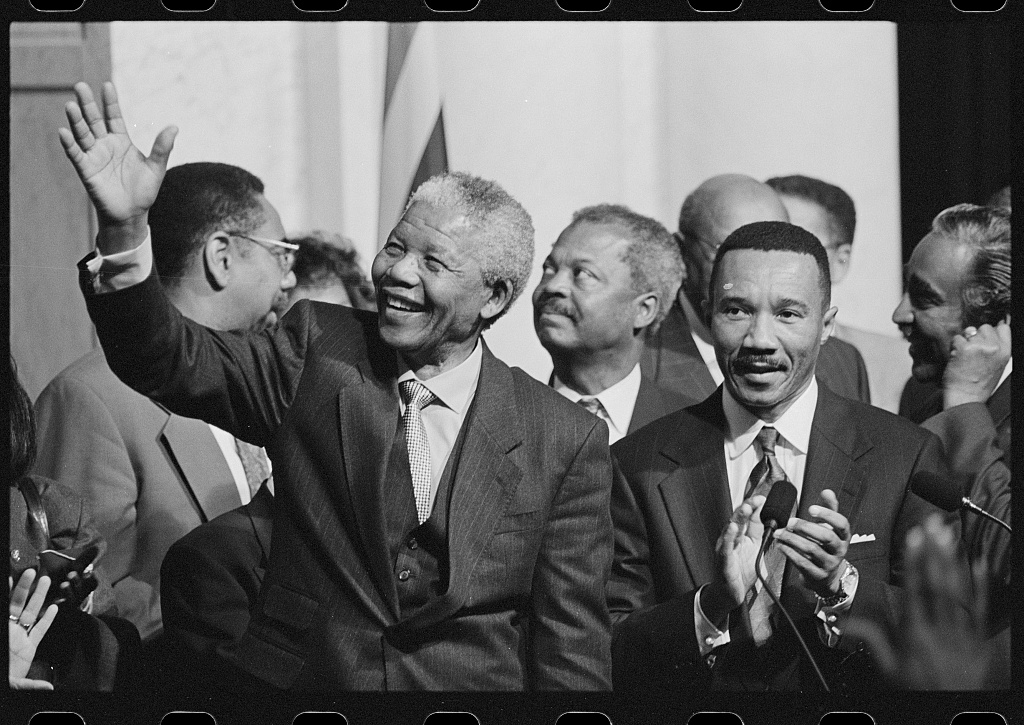
In 1990, under mounting international pressure, the South African government released Mandela. His release marked a significant shift in South Africa's political landscape. Despite facing immense challenges, Mandela successfully negotiated an end to apartheid and led the ANC to victory in the country's first democratic elections in 1994.
Presidency and Reconciliation
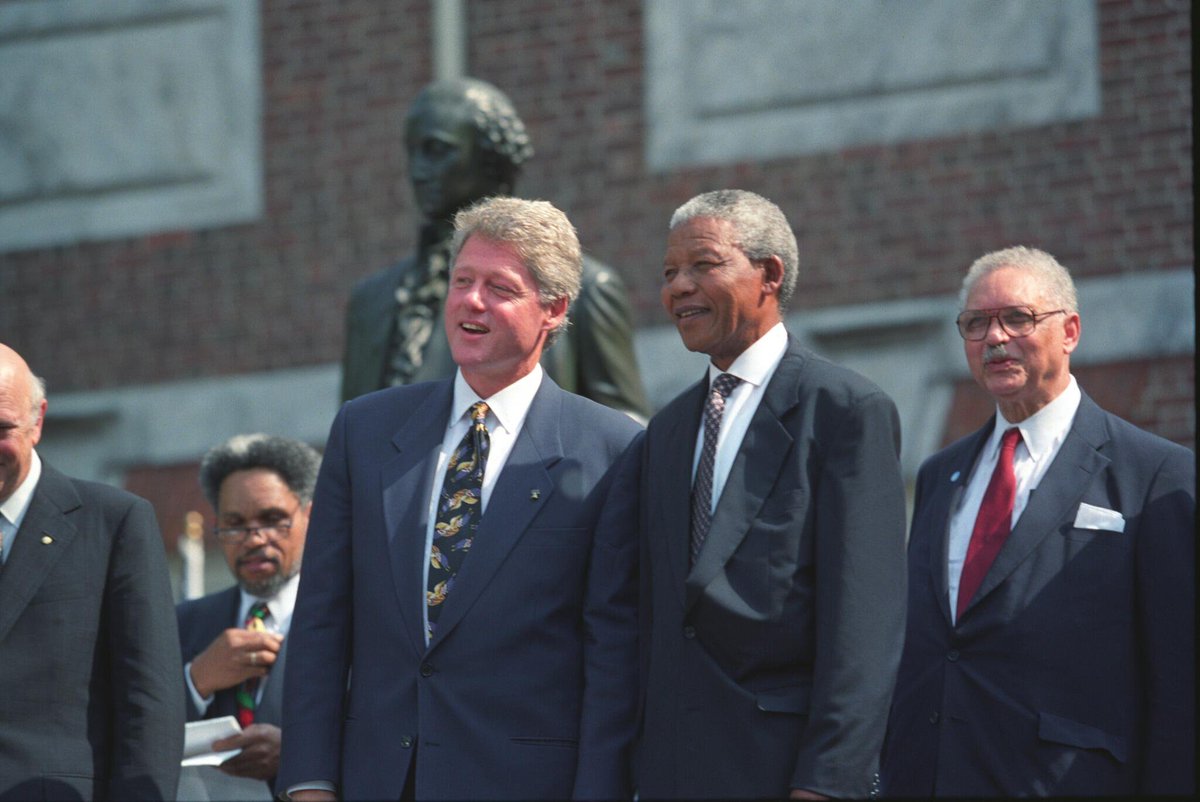
Mandela's presidency was marked by his commitment to reconciliation. He sought to heal the wounds of apartheid by promoting a policy of forgiveness and inclusivity. His establishment of the Truth and Reconciliation Commission was a significant step towards achieving this goal. Mandela's leadership during this time helped South Africa transition from a racially divided society to a more inclusive democracy.
Legacy and Impact
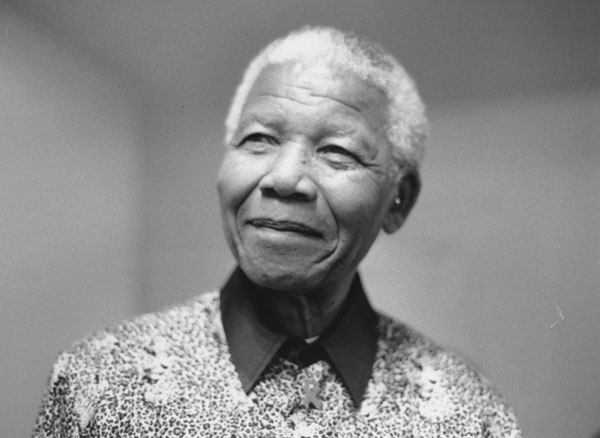
Mandela's impact extends far beyond the borders of South Africa. His life and struggle have inspired millions around the world. His legacy is a testament to the power of resilience and the human capacity for forgiveness. As a global symbol for human rights, Mandela's life continues to inspire future generations to fight against injustice.
Lessons from Mandela's Journey
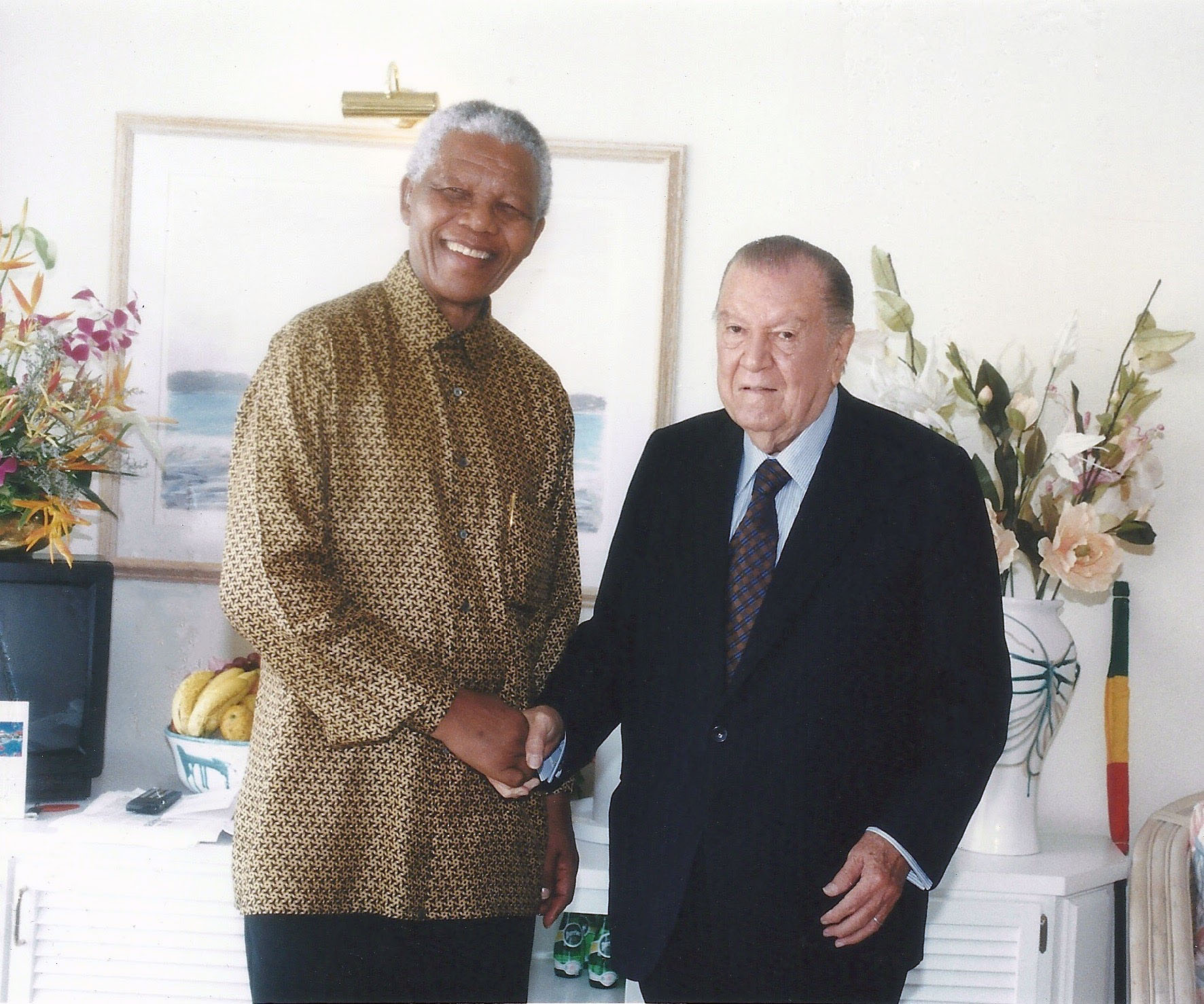
Mandela's journey offers valuable lessons for those seeking to effect change. His unwavering commitment to his principles, his ability to forgive, and his dedication to the cause of racial equality are all attributes that continue to inspire. His life reminds us that change is possible, even in the face of seemingly insurmountable obstacles.
Nelson Mandela's rise from captivity to command is a story of courage, resilience, and an unwavering commitment to justice. His life serves as a beacon of hope for those fighting against injustice and inequality. As we reflect on his journey, we are reminded of the power of the human spirit and the potential within each of us to effect meaningful change.






